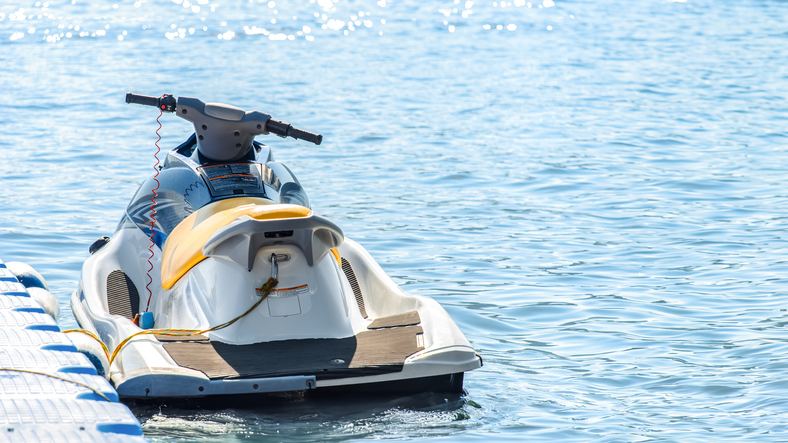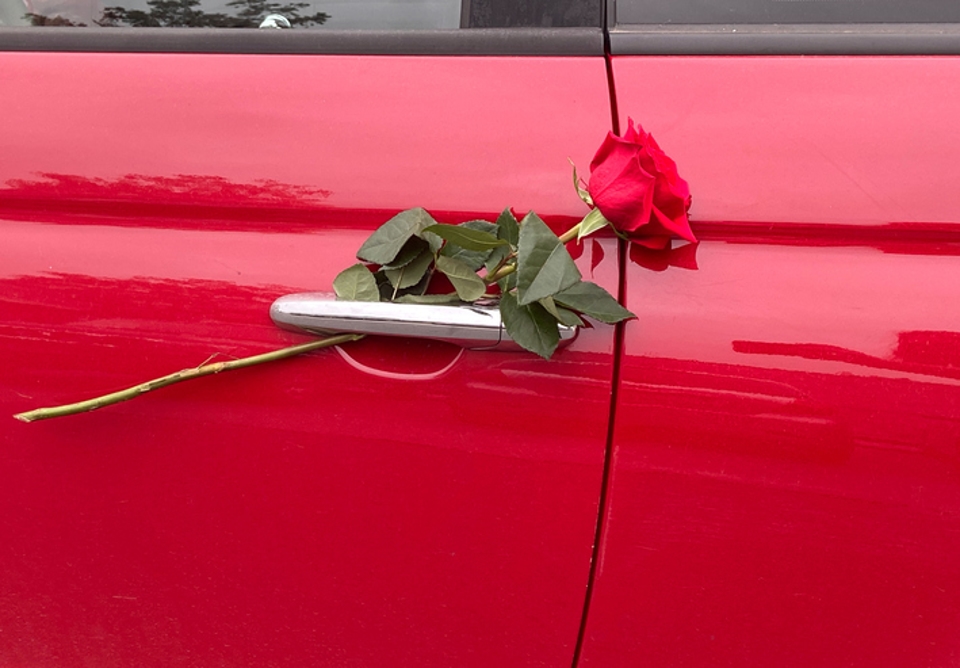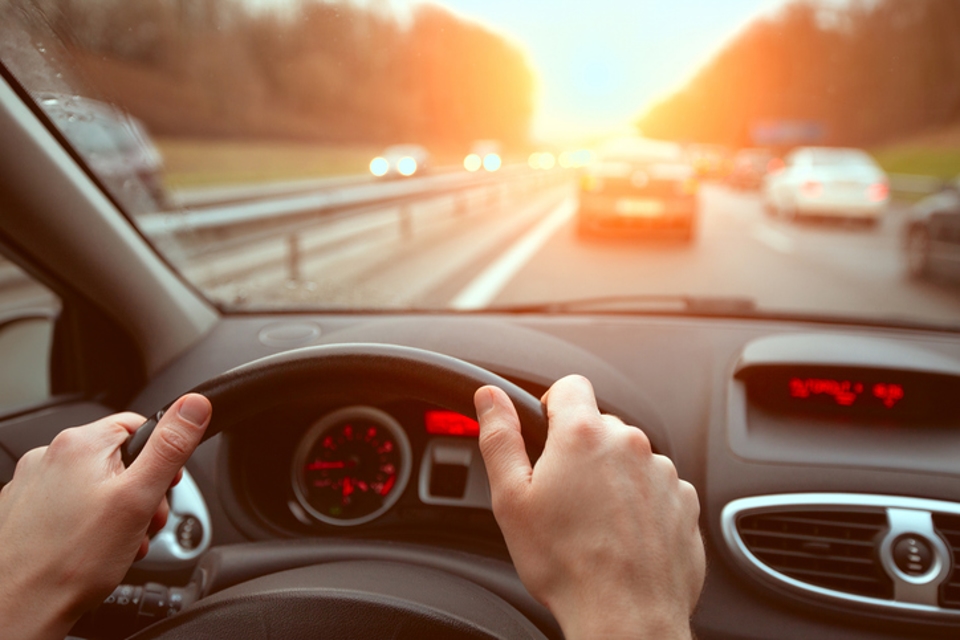Coastal areas are one of the most sought-after destinations during the summer, offering relaxation, water fun, and vibrant sunsets. However, as summer winds down, waterways often become crowded with boaters and jet skiers trying to squeeze in their final trips of the season. Unfortunately, this increased activity can lead to accidents, and understanding liability in these situations is crucial for anyone injured.
What Causes Boat and Jet Ski Accidents?
Accidents on the water don’t just happen out of the blue. Knowing the root causes can help victims understand their rights and responsibilities after an accident. Common causes include:
- Operator error: Speeding, inexperience, or failing to assess the surroundings can result in collisions.
- Alcohol consumption: Similar to car accidents, alcohol plays a significant role in impairment on the water.
- Equipment malfunctions: When a boat or jet ski's engine or steering system fails, it could indicate negligence on the part of the manufacturer or owner.
- Failing to follow navigation rules: Waterways have their own “rules of the road,” such as maintaining right-of-way. Ignoring these can cause dangerous situations.
Who is Liable in Watercraft Collisions?
Determining liability requires examining the facts of the case to identify negligence. Here are the most common parties who may be held responsible for damages:
- The operator: An operator who is careless or under the influence can often be held liable if their actions directly led to the collision.
- Boat or jet ski owners: If the accident was caused by poor maintenance, liability might fall on the owner.
- Rental companies: Providers of rented equipment could be liable if they fail to adequately inspect the vehicle or neglect safety briefings.
- Manufacturers: Defective parts or designs could mean the manufacturer is partially accountable.
Steps to Take After a Boat or Jet Ski Collision
If you’ve been injured in a boat or jet ski accident, follow these steps to protect yourself legally and physically:
- Seek medical attention immediately.
- Report the accident to the local authorities overseeing maritime incidents.
- Gather evidence, including photos of the scene and witness contact information.
- Avoid admitting fault or signing any waivers before consulting an attorney.
Clearwater Boating Accident Lawyer
In conclusion, navigating the complexities of watercraft collision liability requires not only a firm understanding of legal frameworks and practical safety measures but also access to dedicated professional support. Here in St. Petersburg, FL, the law firm of Perenich, Caulfield, Avril & Noyes Personal Injury Lawyers stands ready to assist with expert legal guidance tailored to these intricate situations. Whether you are a victim seeking assistance or an operator interested in prevention, contact us today at (727) 591-3354 for comprehensive support built on years of experience in personal injury law. Remember, safety starts before you even set sail.





